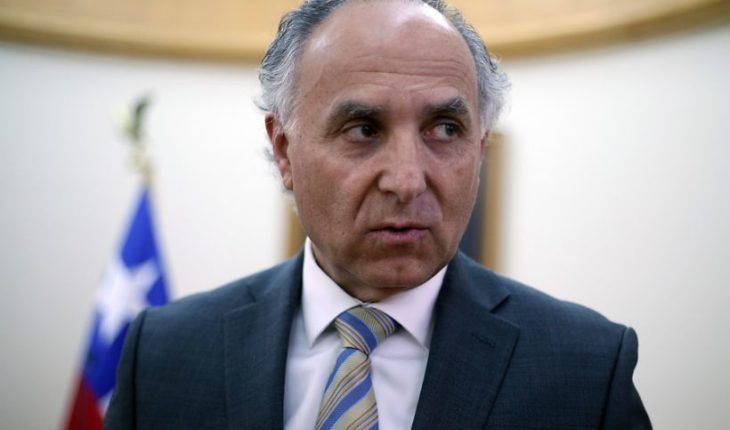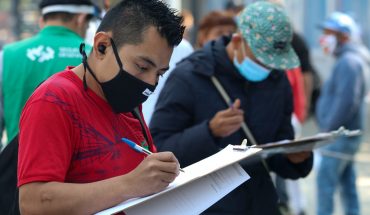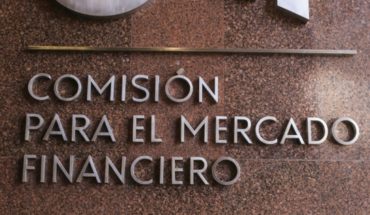The states party to the Inter-American Treaty on Reciprocal Assistance (TIAR), a regional agreement containing a collective defense clause, have decided on Wednesday to convene the consultation body to analyze the situation in Venezuela.
The vote, which took place within the framework of the Permanent Council of the Organization of American States (OAS), was resolved with twelve votes in favour and five abstentions.
Argentina, Brazil, Chile, Colombia, El Salvador, Guatemala, Haiti, Honduras, Paraguay and the Dominican Republic, as well as Venezuela, represented by the emissaries of the self-proclaimed “president in charge”, Juan Guaidó, voted in favor.
The call of the consultation body is the first step in activating the TIAR, which could ultimately lead to military intervention by Venezuela, according to the local newspaper ‘El Nacional’.
The TIAR, dubbed the Rio Treaty, contains a kind of collective defense clause that would allow the other signatory countries to act in the event of an aggression against one of them.
The government of then-President Hugo Chávez ordered Venezuela’s withdrawal from TIAR in 2012, at the same time as Ecuador, Bolivia and Nicaragua, but the Guaidó-led National Assembly ordered the country’s return to the treaty in July.
Situation in Chile
Chancellor Teodoro Ribera said Chile supports the call for TIAR to address the crisis, but dismissed any support for the use of FF.AA. to overthrow the government of Nicolás Maduro.
Ribera said that the TIAR “allows to form a formal body in which countries affected by the Venezuelan crisis can express their visions, propose and adopt on their merit and within the framework of the treaty measures that contribute to overcoming it”.
“Chile has always advocated for the peaceful and democratic exit of Maduro’s dictatorship and expressed concern about the deteriorating living conditions in Venezuela, since we already expressed – as we did today in the OAS – that we will not promote or support the adoption of any measure involving the use of armed forces or aggravating the severe crisis”
Venezuelan crisis
The political crisis in Venezuela that escalated on January 10, when Nicolás Maduro decided to start a second six-year term that recognizes neither the opposition nor much of the international community because they consider the 2018 presidential election to be they were a fraud.
In response, Guaidó proclaimed himself an interim representative on 23 January with the aim of ceasing “usurpation”, creating a transitional government and holding “free elections”. It has been recognized by the United States, numerous Latin American countries, as well as several Europeans, including Spain.
Meanwhile, more than four million Venezuelans have left the country in recent years because of the humanitarian crisis in the Caribbean nation. The UN warns that, if the trend continues, by the end of 2019 they could add up to more than five million.





